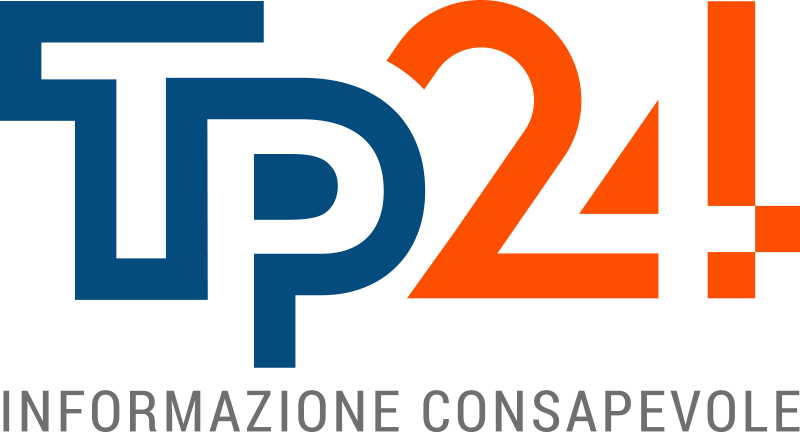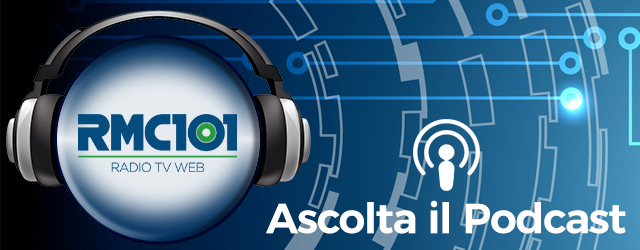On September 25, 2023, at the San Salvatore Hospital in L’Aquila, Matteo Messina Denaro, the Castelvetrano boss known as the last of Cosa Nostra's major bombers and a fugitive for 30 years, breathed his last. He died in a guarded room at the hospital, just a few kilometers from the high-security prison in L’Aquila, where he had spent the last eight months of his life, succumbing to colon cancer that not only dictated his death but also facilitated his arrest after 30 years on the run. His capture occurred on January 16, 2023, at the La Maddalena Clinic in Palermo, where he was receiving medical treatment.
A Criminal Life Marked by Massacres and Murders Matteo Messina Denaro, also known as "U Siccu" and "Diabolik," was born in Castelvetrano on April 26, 1962. From a young age, he followed in the footsteps of his father, Francesco, becoming one of the most significant leaders of Cosa Nostra. His name is associated with tragic events such as the Capaci massacre and the Via D’Amelio bombing. Messina Denaro was the organizer and instigator of the 1993 attacks. He also orchestrated the kidnapping and murder of the young Giuseppe Di Matteo, a turncoat's son, who was dissolved in acid after 25 months of captivity.
Despite his involvement in these horrific crimes, Messina Denaro managed to evade capture for nearly three decades, becoming one of the world's most wanted criminals. His network of protectors, consisting of family members and loyal associates, shielded him until the day of his arrest in Palermo, where he was undergoing medical treatment.
Throughout his criminal career, he accumulated dozens of murders. "I could fill a cemetery with the people I've killed," he once said. An atypical mob boss, never married, he had several mistresses. He acknowledged a daughter, Lorenza, only shortly before his death. Messina Denaro masterminded a transformation of Cosa Nostra into a more silent and entrepreneurial organization that engaged in large-scale distribution and renewable energies.
From Arrest to Death Following his arrest, Messina Denaro was transferred to the high-security prison in L’Aquila, where he spent the last eight months of his life. Suffering from severe colon cancer, the boss received medical care within the prison, but his condition continued to deteriorate until his death. During this period, he did not cooperate with justice and refused to repent, rejecting the accusations of belonging to Cosa Nostra and denying his involvement in the massacres and murders. The State ensured he received the medical care due to every individual. His arrest was a significant operation, facilitated by the boss's health condition, which forced him to seek treatment. His body was returned to Castelvetrano two days after his death, where his closest family members awaited. No public funerals were held, as ordered by the Police Commissioner. At the Castelvetrano cemetery were his sister Giovanna, his brother Salvatore, his nephews, and his daughter Lorenza, recognized only a few weeks before his death. His body was entombed in the family chapel, marking the final act.
The Network of Facilitators As the figure of Matteo Messina Denaro faded, investigations continued to uncover the complicity network that enabled his long-term evasion. Today, a year after his death, trials continue for those who assisted him in hiding. Some trials have already reached a verdict, such as that of his sister Rosalia Messina Denaro, sentenced to 14 years in prison. The same sentence was imposed on Andrea Bonafede, the surveyor from Campobello who lent his identity to the boss. Several trials are ongoing for those who might have aided the boss during his evasion, including food suppliers, Laura Bonafede, Messina Denaro's lover, and even his daughter Martina Gentile. Today, a court session is held for Dr. Alfonso Tumbarello, a general practitioner from Campobello di Mazara, accused of external complicity in mafia association and forgery. Tumbarello is charged with issuing numerous medical certificates in the name of "Andrea Bonafede," the false identity used by Messina Denaro for medical treatment. Today's hearing will feature the final evidence requests, marking the beginning of the trial's final phase. The charges against Tumbarello represent just one of many proceedings against those who facilitated Messina Denaro's evasion, demonstrating how deep-rooted the protection network around the boss was.
Ongoing Investigations Meanwhile, investigations continue to try to reconstruct the network of facilitators not only from the last period of evasion. During searches conducted after his arrest, investigators found 122 keys that open various garages and apartments between Mazara del Vallo and Castelvetrano. Some of these places might have been used as hideouts by the boss during his evasion. Among the more curious findings are letters written by a prisoner, Massimo Antonino Sfraga from Marsala, which could shed light on further mafia connections and complicity between Cosa Nostra and other criminal organizations. Investigations continue to delve into Messina Denaro's past, trying to clarify how he managed to remain hidden for so long and who aided him. The case remains open, and investigators are determined to uncover the full truth about one of the darkest periods in Sicilian mafia history.

 Sezioni
Sezioni




















